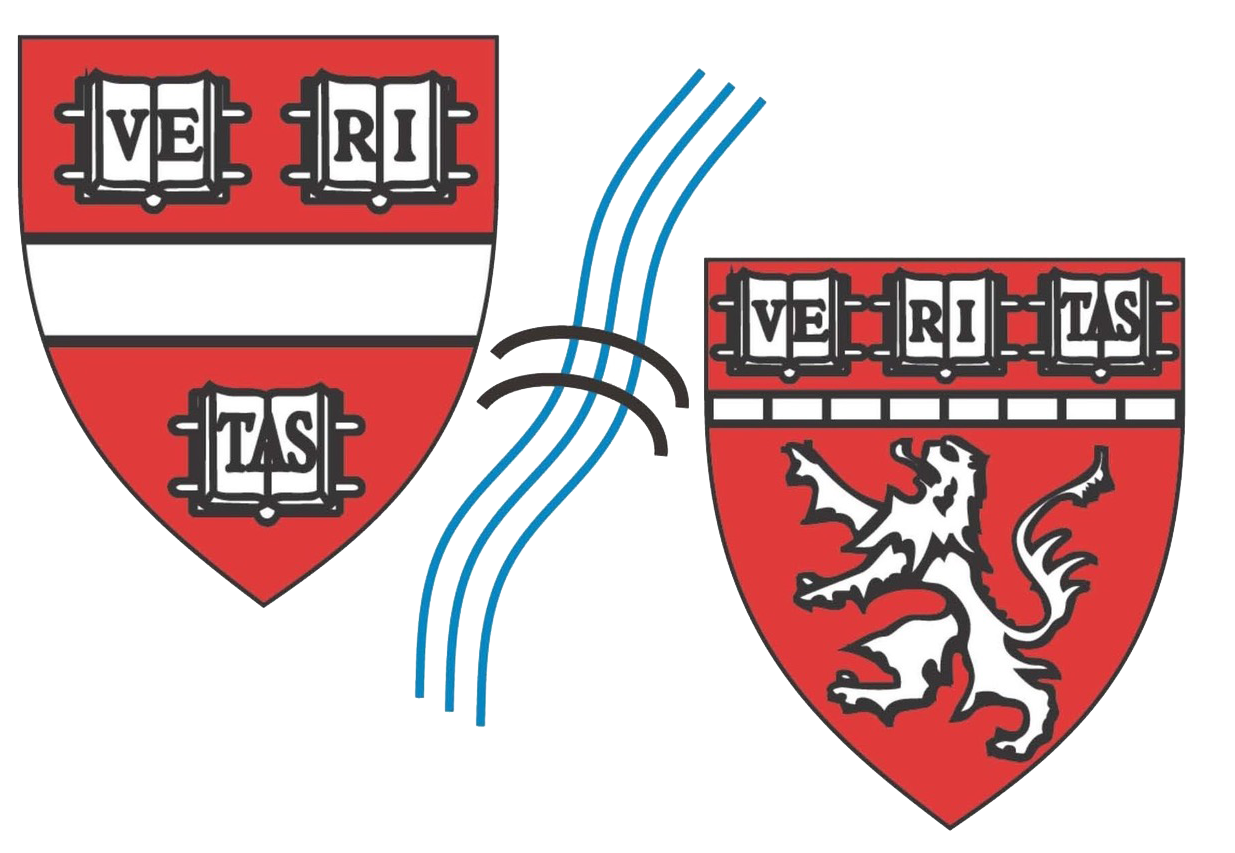Mara G. Prentiss
Department of Physics, Harvard University

The Prentiss group focuses on using physics tools to elucidate important problems in biology. The basic principles governing self-assembly have been a focus of recent work.
It has long been known that any complex self-assembling system faces a tradeoff between the speed at which the system explores different configurations and the stability of the final product. The Prentiss group has shown that this paradox can be overcome in various systems, but their research has focused on two systems that play important roles in the interactions between chromosomes in vivo.
The Prentiss group discovered that homology dependent interactions between two double stranded DNA can produce stable structures, and recent theoretical work has suggested that essential features of this system can be captured by a simple interaction between two rigid rods that are free to rotate in two or three dimensions. Most of the work in the Prentiss group has centered on RecA family proteins. These proteins play a vital role in DNA recombination and repair. A combination of single molecule and bulk experiments and theoretical modeling have allowed us to provide a detailed structure/function description of the homology recognition, a process that had remained largely mysterious despite thirty years of intensive research. General features of these systems have suggested improvements for gene chip technologies, and may offer new insights into protein folding and new strategies for artificial self-assembly.
Selected Publications:
Danilowicz C, Hermans L, Coljee V, Prévost C, Prentiss M. ATP hydrolysis provides functions that promote rejection of pairings between different copies of long repeated sequences. Nucleic Acids Res. 2017 Aug 21;45(14):8448-8462. PMID: 28854739.
Bitran A, Chiang WY, Levine E, Prentiss M. Mechanisms of fast and stringent search in homologous pairing of double-stranded DNA. PLoS Comput Biol. 2017 Mar 3;13(3):e1005421. PMID: 28257444; PMCID: PMC5360337.
Liu C, Danilowicz C, Kleckner N, Prentiss M. Single molecule identification of homology-dependent interactions between long ssRNA and dsDNA. Nucleic Acids Res. 2017 Jan 25;45(2):894-901. PMID: 27580717; PMCID: PMC5314784.
Prentiss M, Prévost C, Danilowicz C. Structure/function relationships in RecA protein-mediated homology recognition and strand exchange. Crit Rev Biochem Mol Biol. 2015;50(6):453-76. Review. PMID: 26459995.
Peacock-Villada A, Coljee V, Danilowicz C, Prentiss M. ssDNA Pairing Accuracy Increases When Abasic Sites Divide Nucleotides into Small Groups. PLoS One. 2015 Jun 26;10(6):e0130875. PMID: 26115175; PMCID: PMC4482597.
Yang D, Boyer B, Prévost C, Danilowicz C, Prentiss M. Integrating multi-scale data on homologous recombination into a new recognition mechanism based on simulations of the RecA-ssDNA/dsDNA structure. Nucleic Acids Res. 2015 Dec 2;43(21):10251-63. PMID: 26384422; PMCID: PMC4666392.
Contact Information
17 Oxford Street, Cambridge, MA 02138
